
Site Engineer

Project Manager
Hey,
the value of BIM Engineers with Project Management skills in the Civil Engineering Industry?

learn it all from books or lectures.

Gain practical experience by working hands-on with real BIM projects, alongside seasoned professionals who have extensive experience in the field.

From creating initial centerline plans to preparing for construction, BIM engineers are involved in every step of the process, ensuring smooth project execution from start to finish.



Help teams work
together better.

Save time and money
by finding and fixing
problems early.

Ensure buildings are
built correctly and on
budget.

Make buildings more
environmentally friendly.

Stay up-to-date with new technologies to improve projects.
BIM Dimensions
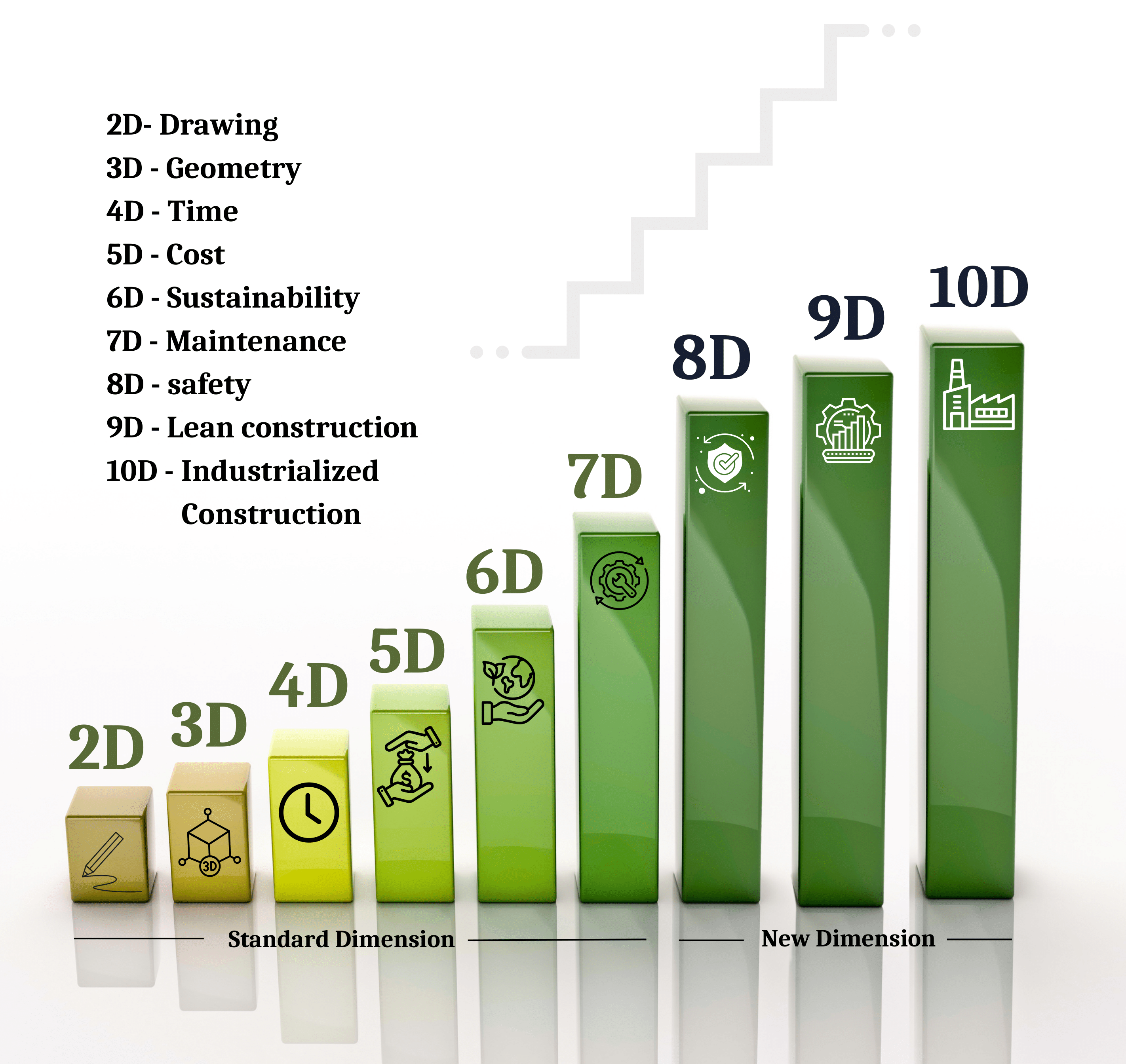



Work On Live Project
Gain practical experience through live project work.

100% Placement Guarantee in India or UAE
If you are regular and have successfully completed your project

Experience Letter
Attendance should be more than 90%

Digital Library
24/7 accessibility is available.

Personal Branding
Personal branding is crafting your unique image to stand out as an expert in your field.


How can we
Help You?
1. Practical Application
2. Skill Development
3. Real-world Context
4. Guidance from Experts
5. Feedback and Improvement
6. Adaptation to Industry Standards
Who should learn?
Various professionals across the Architecture, Engineering, and Construction (AEC) Industries should consider learning BIM, including:
- Architects
- Civil Engineers
- Structural Engineers
- MEP (Mechanical, Electrical, Plumbing) Engineers
- Construction Managers
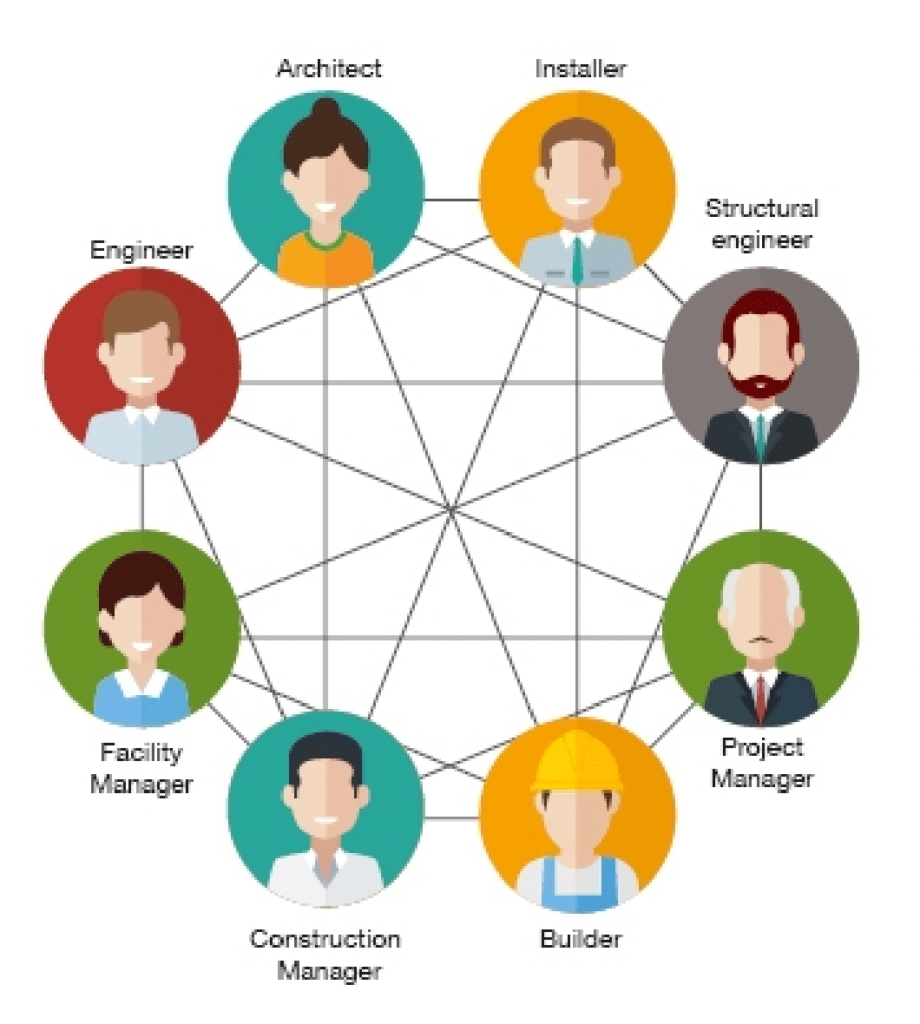
- Project Managers
- Building Owners
- Facility Managers
- Urban Planners
- Quantity Surveyors
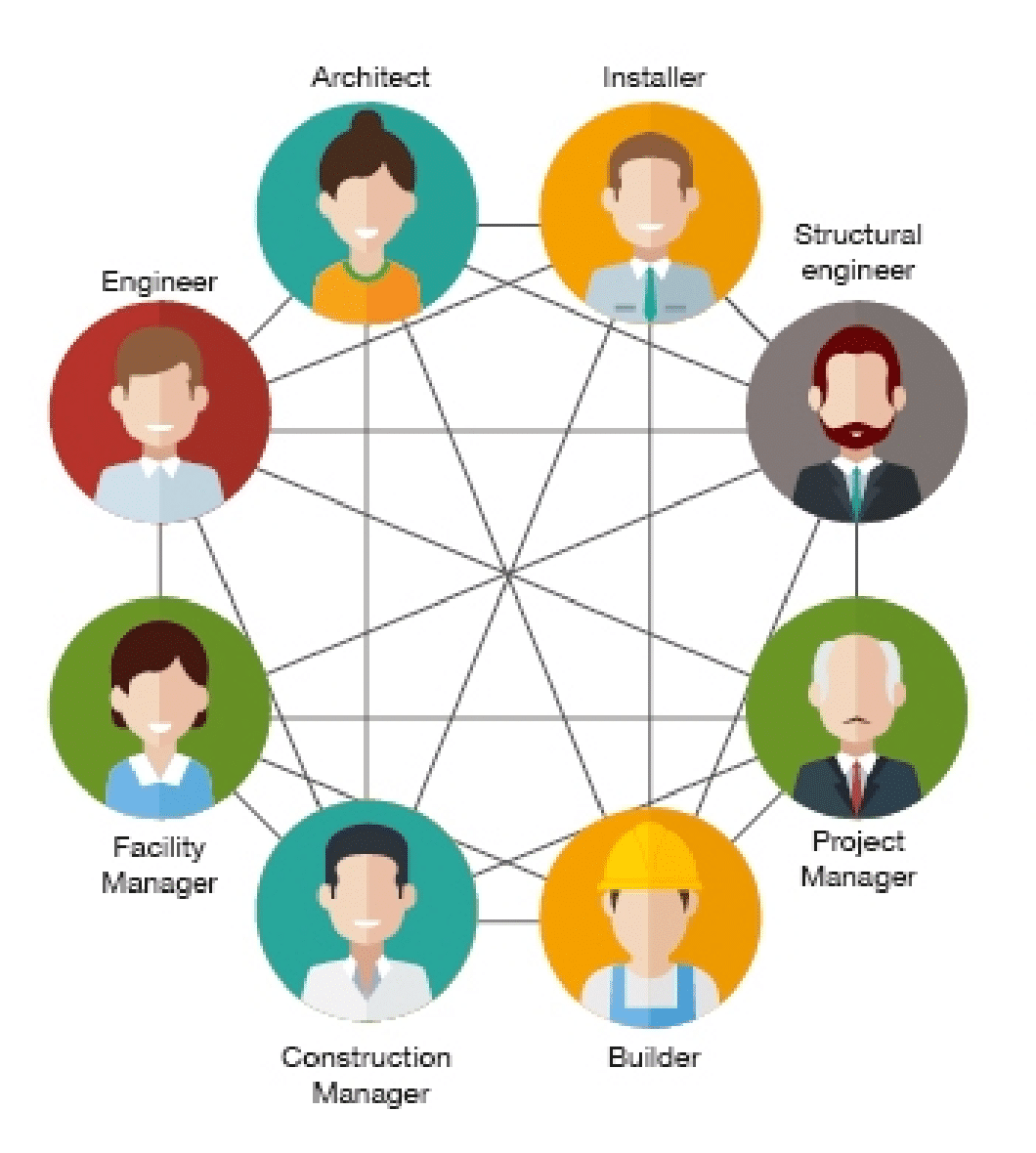
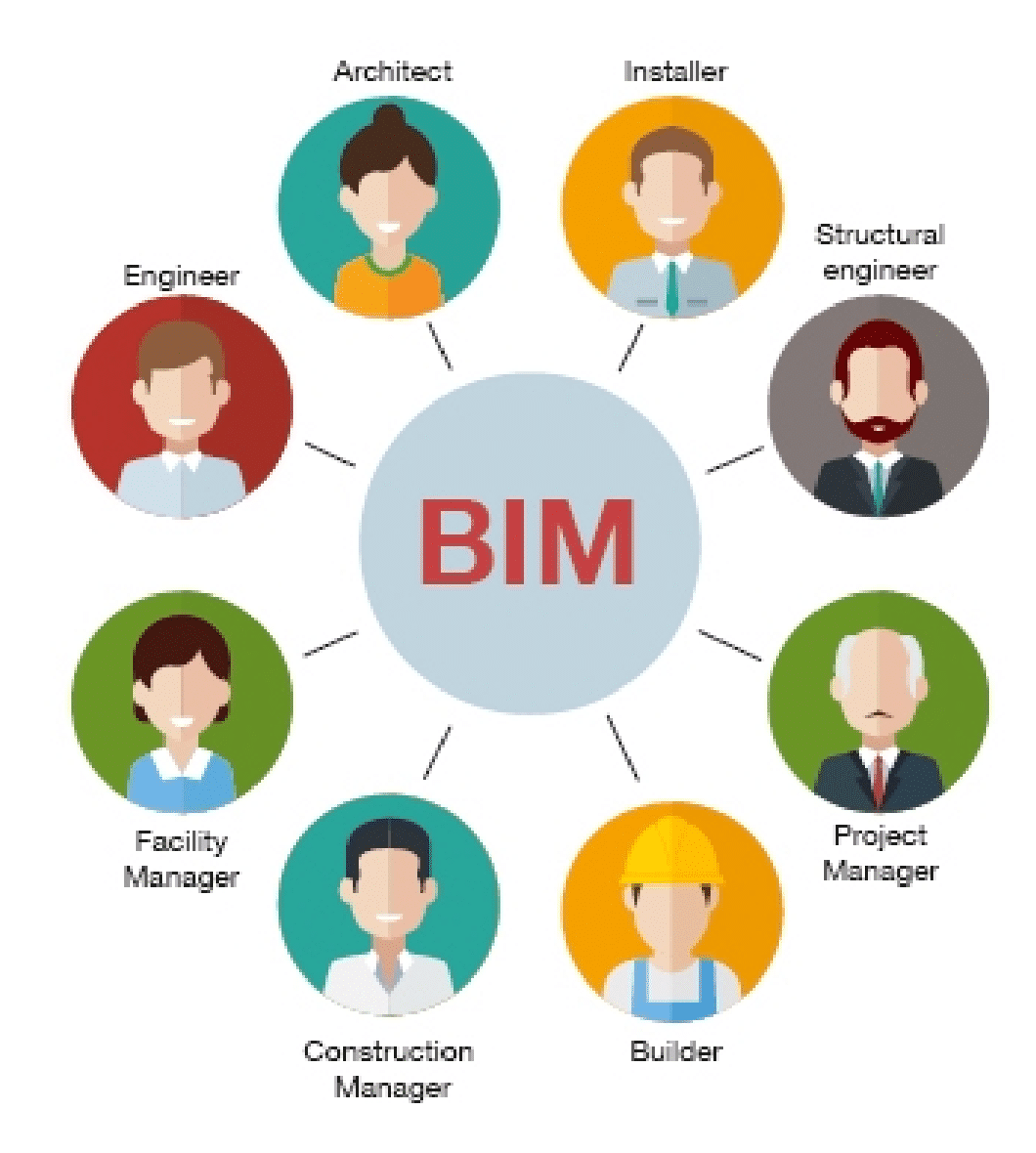

Mode of Training

Offline
Offline Students can be there at the Office premises from 8.55 am to 7 pm as its a ON-JOB Learning program. They can be in the office with our team for minimum 7 to 8 hours per Day from Monday to Friday.

Online
Online students can learn through the pre-recorded videos and get the recordings of the Live sessions too. Hence, there is no particular batch time for the Online Students. This is a self-paced mode of learning as the videos are accessible 24/7.

Hybrid
Hybrid batch students can enjoy the flexibility of learning through pre-recorded videos and attending live sessions, while also having the opportunity for on-the-job learning at our office premises during designated hours from Monday to Friday.
BIM (Building Information Modeling) is a digital representation of the physical and functional characteristics of a building or infrastructure. It involves creating a 3D model that incorporates various information and data related to the project, such as geometry, spatial relationships, materials, quantities, and more.

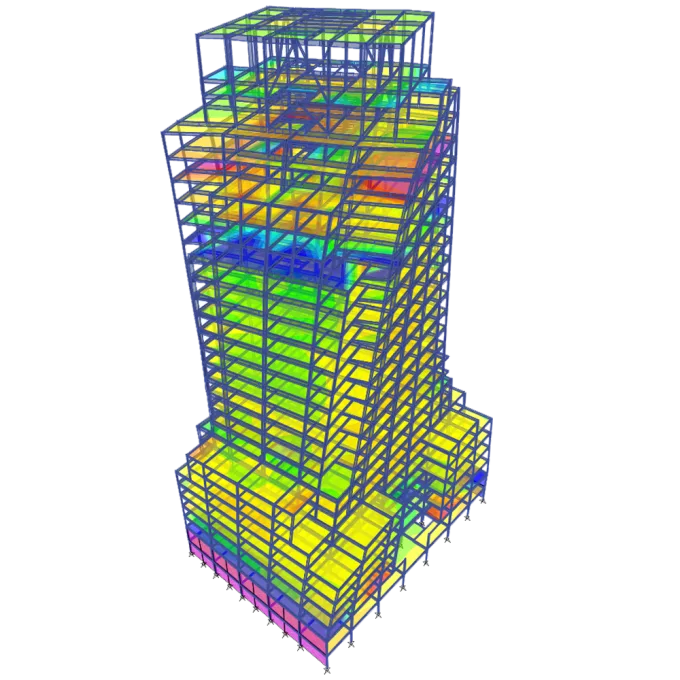
At Econstruct, we foster a holistic learning approach, offering training in a real-world,
ON-THE-JOB environment. We focus on four key pillars:
Structural Engineering Knowledge

Grasp fundamental principles and advanced concepts in structural engineering.
Software-Based Knowledge
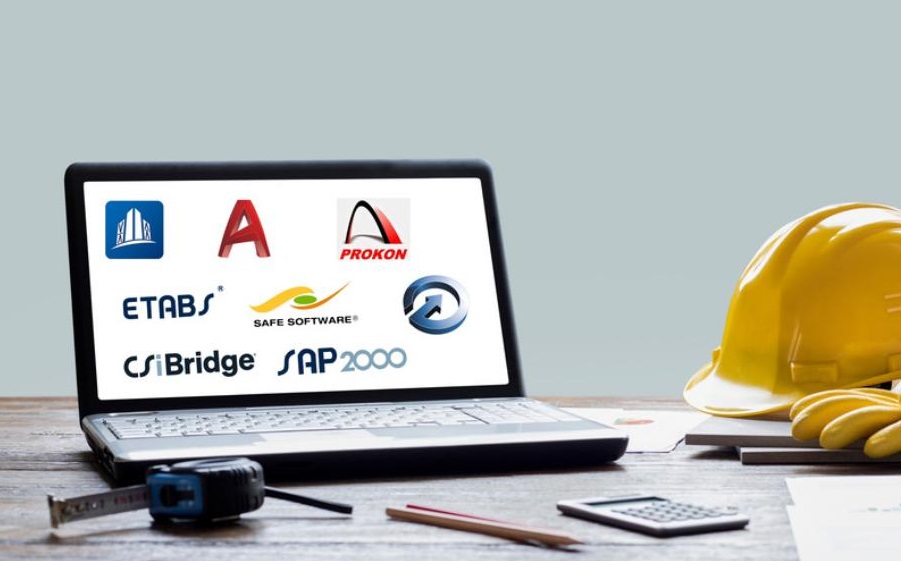
Gain proficiency in diverse software tools used in the industry, beyond just ETABS or STAADPRO.
Code-Based Knowledge

Learn the intricacies of building and structural codes that govern engineering practices.
Project-Based Knowledge

Apply what you learn in the context of real-world projects, adding practical wisdom to your theoretical understanding.








